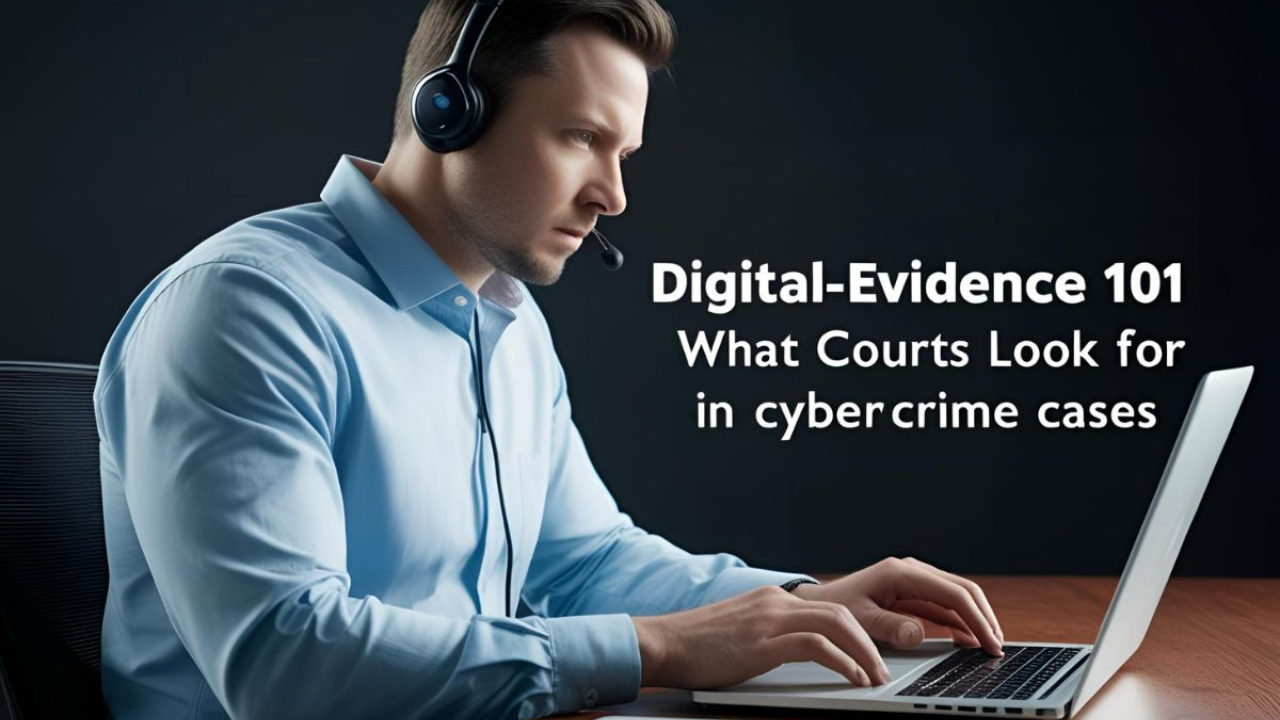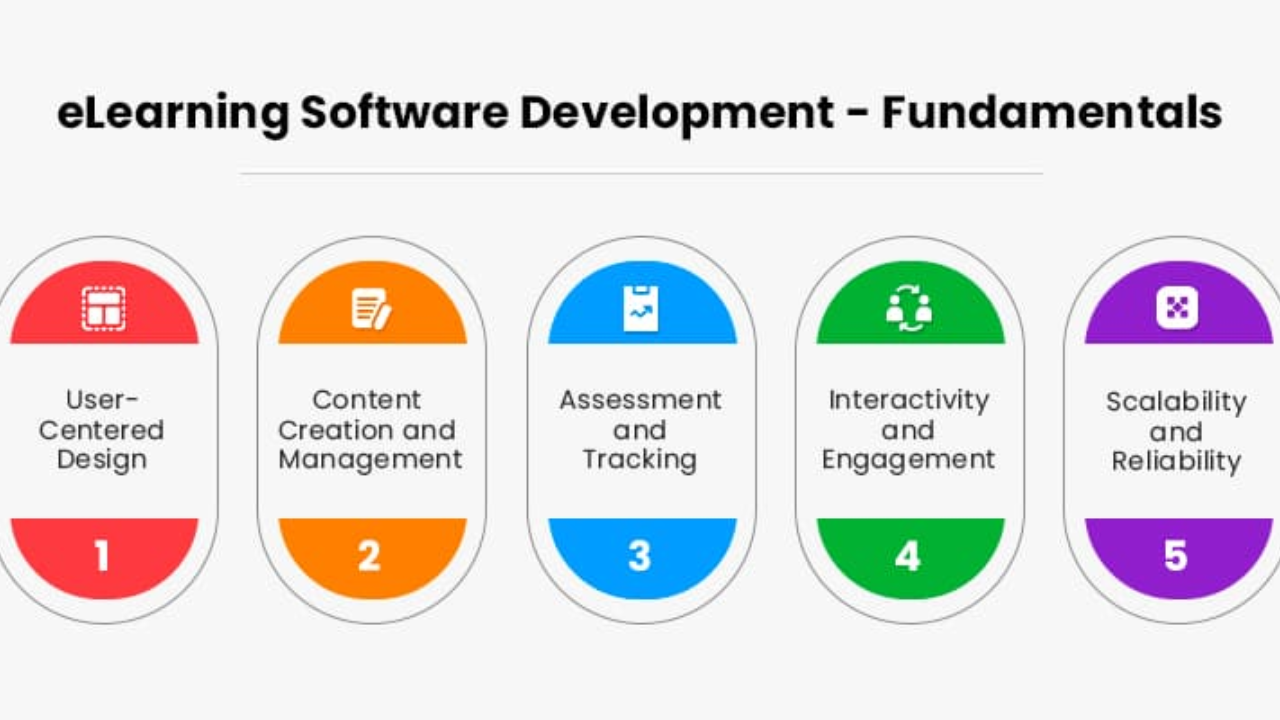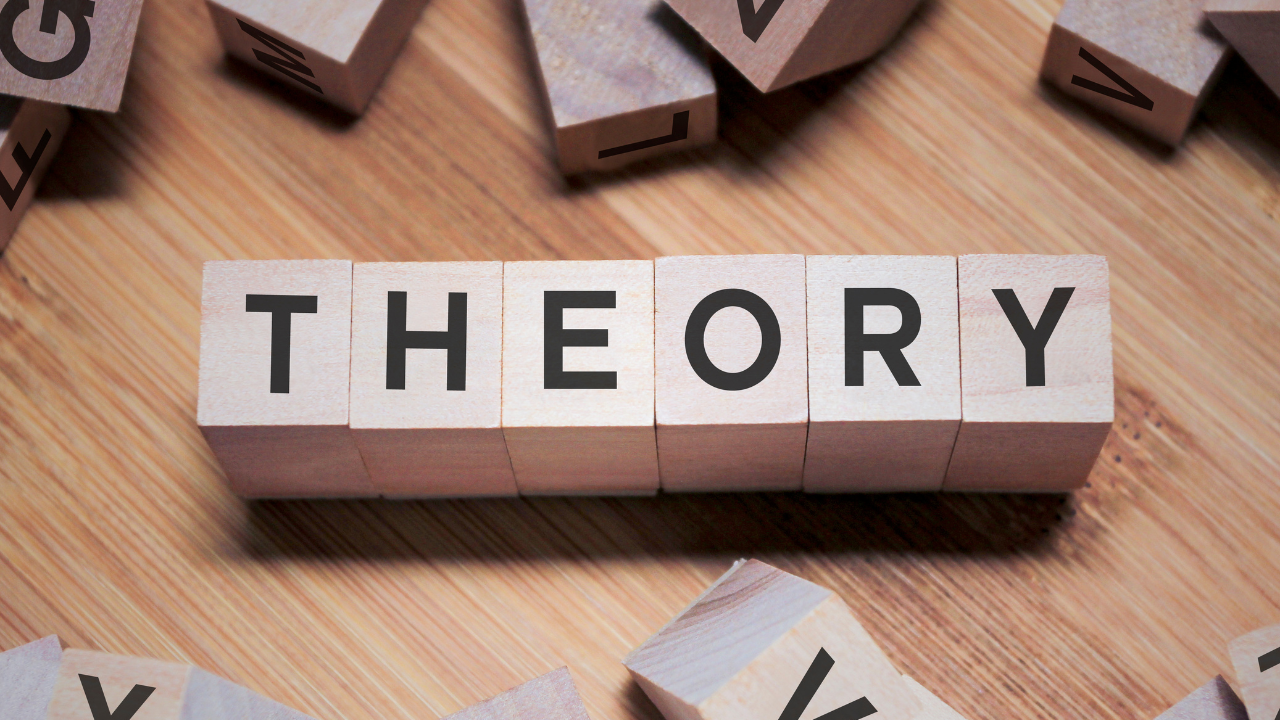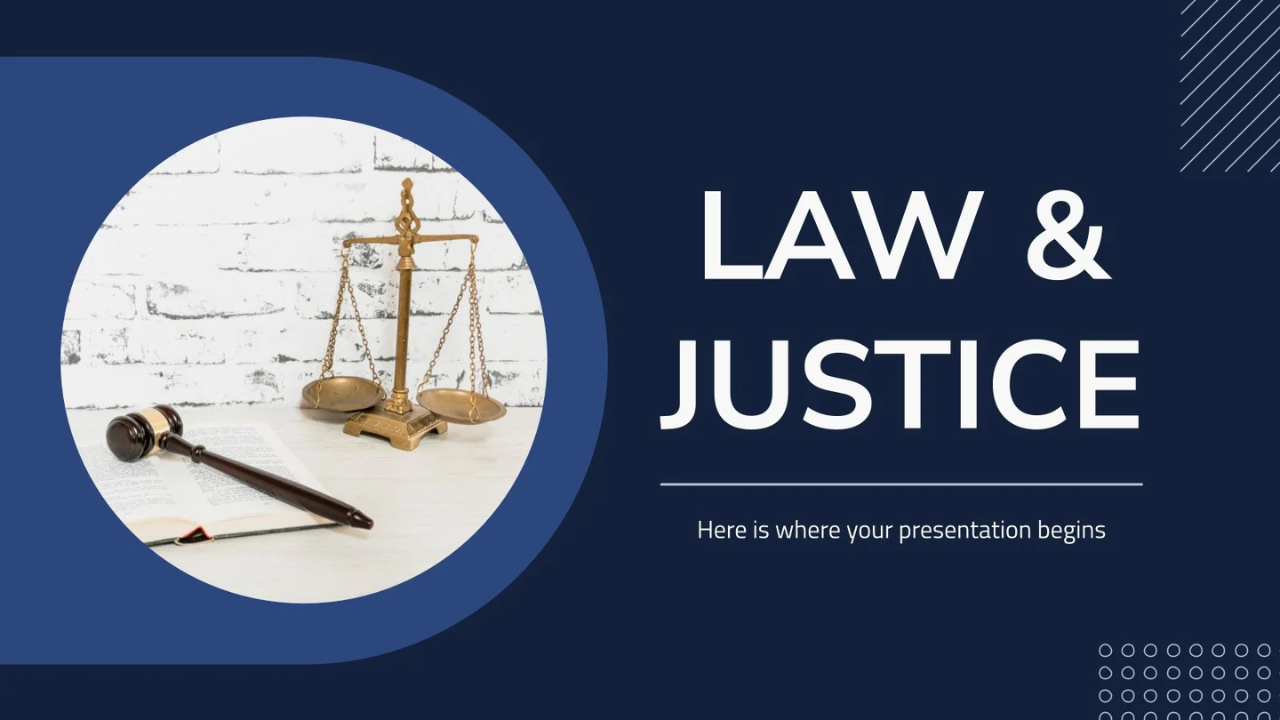Singapore Seniors to Receive $1,080 in 2025: Starting From September.
Seniors in Singapore are set to receive a $1,080 payout in 2025 as part of the ongoing efforts to support the elderly with lower incomes during their retirement years. This initiative is designed to provide additional financial assistance to eligible seniors to help with their daily living expenses and promote financial stability. Below is a comprehensive guide … Read more










